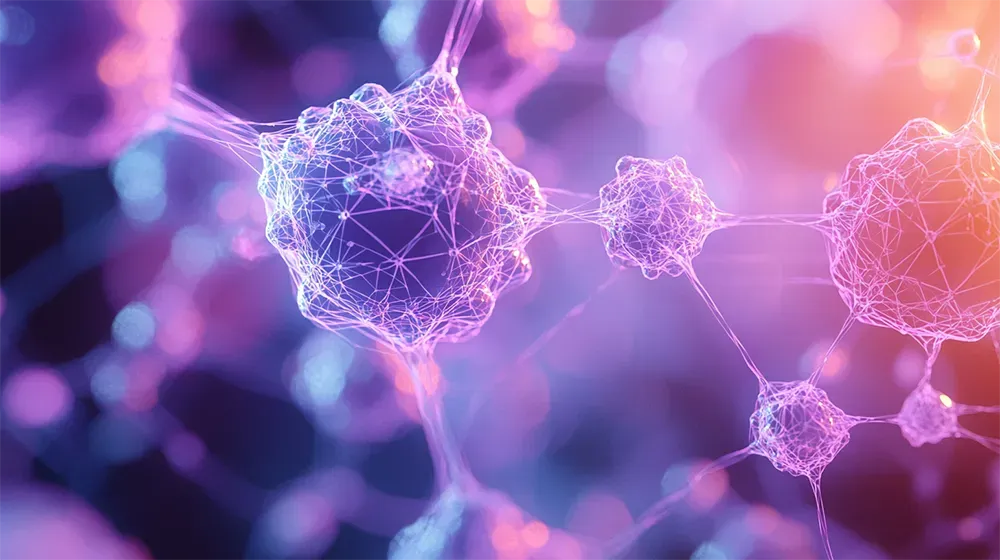Synthetic Biology: Redefining Life Beyond the Parts

Is life just a sum of its parts, or something much more dynamic, collaborative, and cognitive? Synthetic biology challenges the old answers.
Synthetic biology is reshaping our understanding of life, moving beyond the reductionist view that living systems are just mechanical assemblies of parts. By focusing on processes and collaboration, this field reveals life as a dynamic system of interactions.
For example, synthetic morphogenesis programs cells to self-organize into tissues, challenging the notion that life can be engineered solely from static components. Xenobots, AI-designed biological constructs, further blur the line between machine and organism, emphasizing adaptability and cognition.
Meanwhile, artificially inducing biostasis (temporarily halting metabolism) redefines the boundary between life and death. Together, these innovations highlight that life isn’t a binary but exists on a continuum shaped by process, collaboration, and adaptability.
If synthetic biology redefines life itself, how should it reshape our ethical and philosophical approaches to the living world?
Read the full article on Springer.
----
💡 We're entering a world where intelligence is synthetic, reality is augmented, and the rules are being rewritten in front of our eyes.
Staying up-to-date in a fast-changing world is vital. That is why I have launched Futurwise; a personalized AI platform that transforms information chaos into strategic clarity. With one click, users can bookmark and summarize any article, report, or video in seconds, tailored to their tone, interests, and language. Visit Futurwise.com to get started for free!






